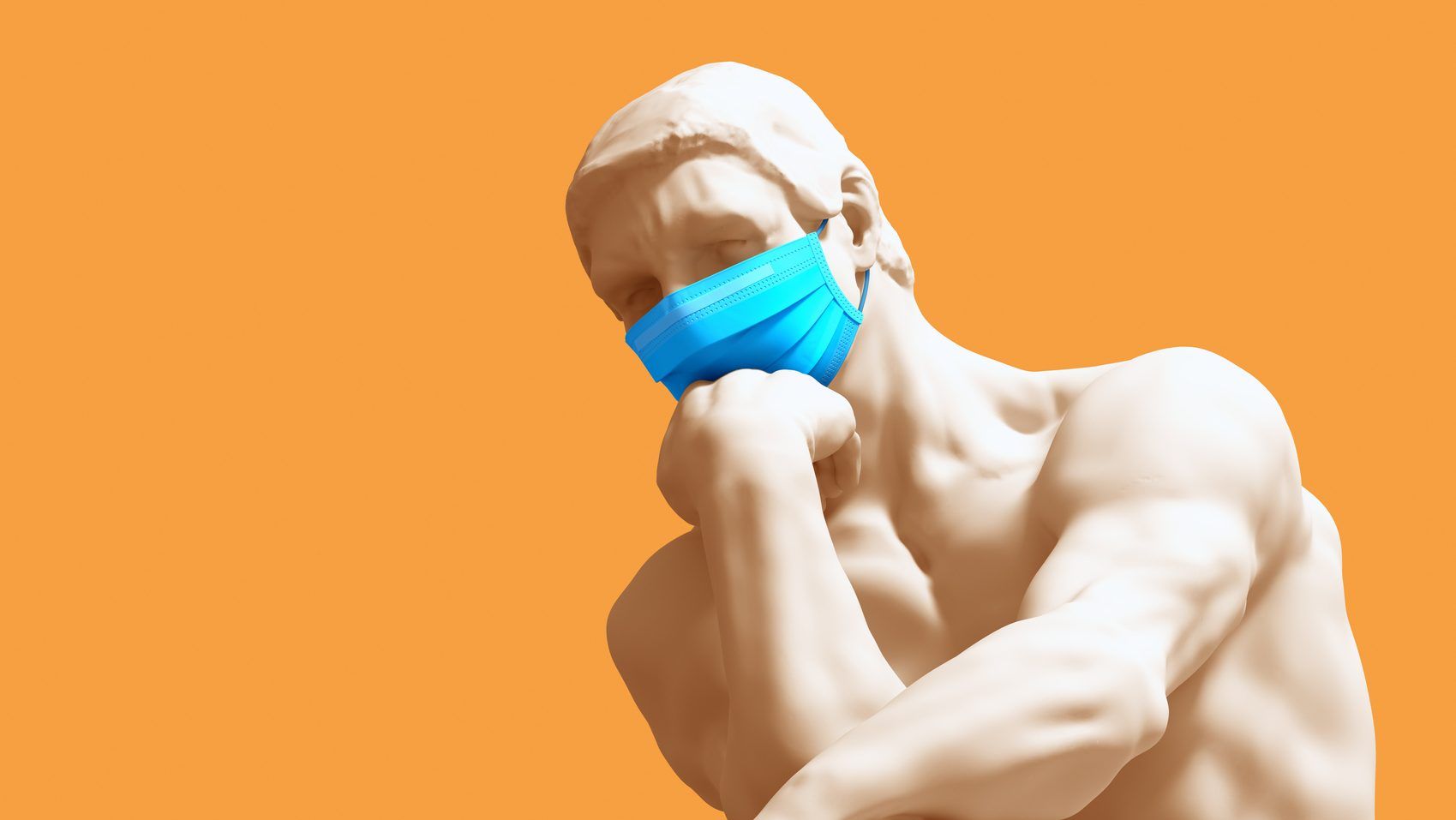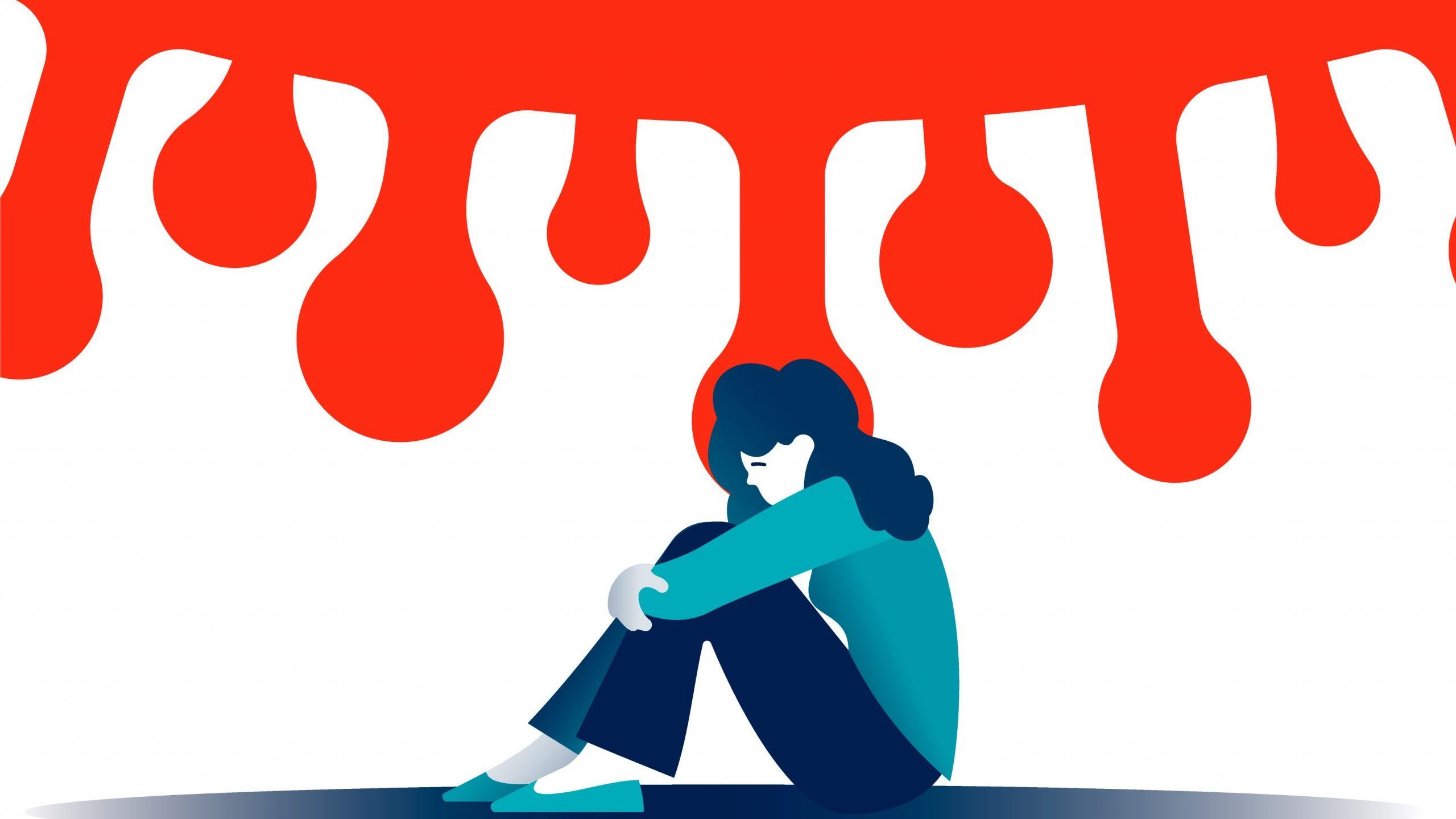“long covid is diagnosed in most nations around the world at that 12- or three-month mark,” says dobbin-mohammed. “the reason is because a lot of people around that 12 week or three-month mark tend to improve. the next point would be maybe around the six-to-eight-month mark, and then around a year.
“ … however, i find the longer that somebody has it, the slower the recovery is.”
but until widespread treatment is available, many of these patients remain unable to work. dobbin-mohammed explains this could become a slippery slope, as going for an extended period of time without using cognitive skills can, in itself, lead to cognitive decline. she encourages patients to put some focused time every day into brain training — like sudoku, crosswords or brain-game apps, while also taking adequate time to rest and heal.
into her third year of living with long-covid, mulder has searched the globe for treatment options. she first applied for diagnosis in germany and then travelled to stellenbosch, south africa, where she underwent triple anticoagulant therapy. while the treatment helped, she continues to experience fatigue and pain, and cannot return to work.
“you have to go through it — all your grieving and your crying and your anger,” says mulder. “you just think this has happened and what can i do about it?”
 6 minute read
6 minute read








